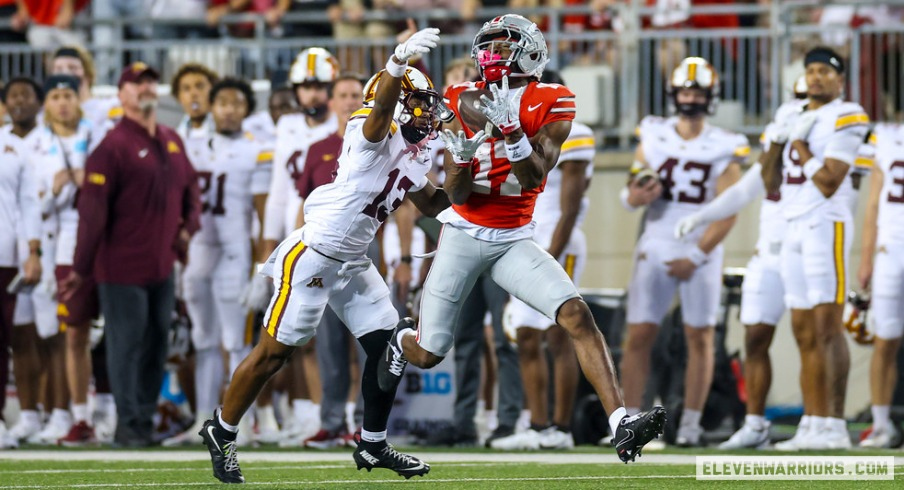A stock market metric named after legendary investor Warren Buffett is flashing a warning sign.
The Buffett Indicator — which compares the total value of US stocks to the country’s economic output — just hit a new record.
Buffett has said that a ratio of around 100 percent suggests fair value.
In other words, when the stock market is worth about as much as the US economy produces in a year, things are in balance.
But today, the gap is massive. The Buffett Indicator just climbed to 217 percent, meaning the market is more than twice the size of the economy.
For investors, that raises fears of a bubble — one that could be fueled by sky-high bets on artificial intelligence and future growth stories that won’t deliver big profits.
Meanwhile, the latest figures show that the US economy is still growing, but at a modest pace.
America’s gross domestic product, or GDP, grew at 3.8 percent from April through June. In the quarter before, it shrunk 0.6 percent.

A stock market metric named after legendary investor Warren Buffett is flashing a bright red warning sign that hasn’t been seen since the dot-com bubble in the early 2000s
The central bank chairman, Jerome Powell, said he believes GDP will slide down to about 1.8 percent by year’s end.
At the same time, Wall Street’s benchmarks have been riding record highs for months, largely because of huge gains in tech companies.
In July, for example, chipmaker Nvidia became the first company in the world to ever reach a $4trillion value.
Days later, Microsoft also reached the $4trillion peak. Both companies are seen as the dominant players in the AI race.
Many investors are positive the market, and particularly the Magnificent Seven megacap technology stocks, will continue to rally with Donald Trump’s pro-growth and anti-regulation policies.
But others are warning that these back-to-back rallies, as also happened in 1997 and 1998, could lead to a crash like the dot-com bubble bursting in the early 2000s.
JPMorgan CEO Jamie Dimon, for example, has frequently warned about an inflated stock market, even admitting he feels more cautious than many in the business world.
He fears that market valuations too high while investment remains overly concentrated among the largest companies in the US.

Investors have been flooding AI-based companies with a boatload of cash, hoping to get a piece of America’s growing tech. But their optimism is fueling worries about a bubble

The tech-heavy Nasdaq has been on a tear, reaching multiple record highs this month
This type of market dynamic has not been seen since March 2000, when the market-to-GDP ratio soared to 175 percent.
At the time, investors were flooding Wall Street with record amounts of cash as the internet age retooled the entire US economy, and bettors tried to get their slice of the economic pie.
But by 2002, the investments crashed. Stocks entered bear market — when share prices are down 10 percent from recent highs — in October that year.
‘There has to be actual, real economic profits in order to justify valuations,’ Matthew Malgari, an economic researcher at Kailash Capital Research who has been ringing alarm bells since January, previously said.
‘The data is unforgiving.’
Source link
